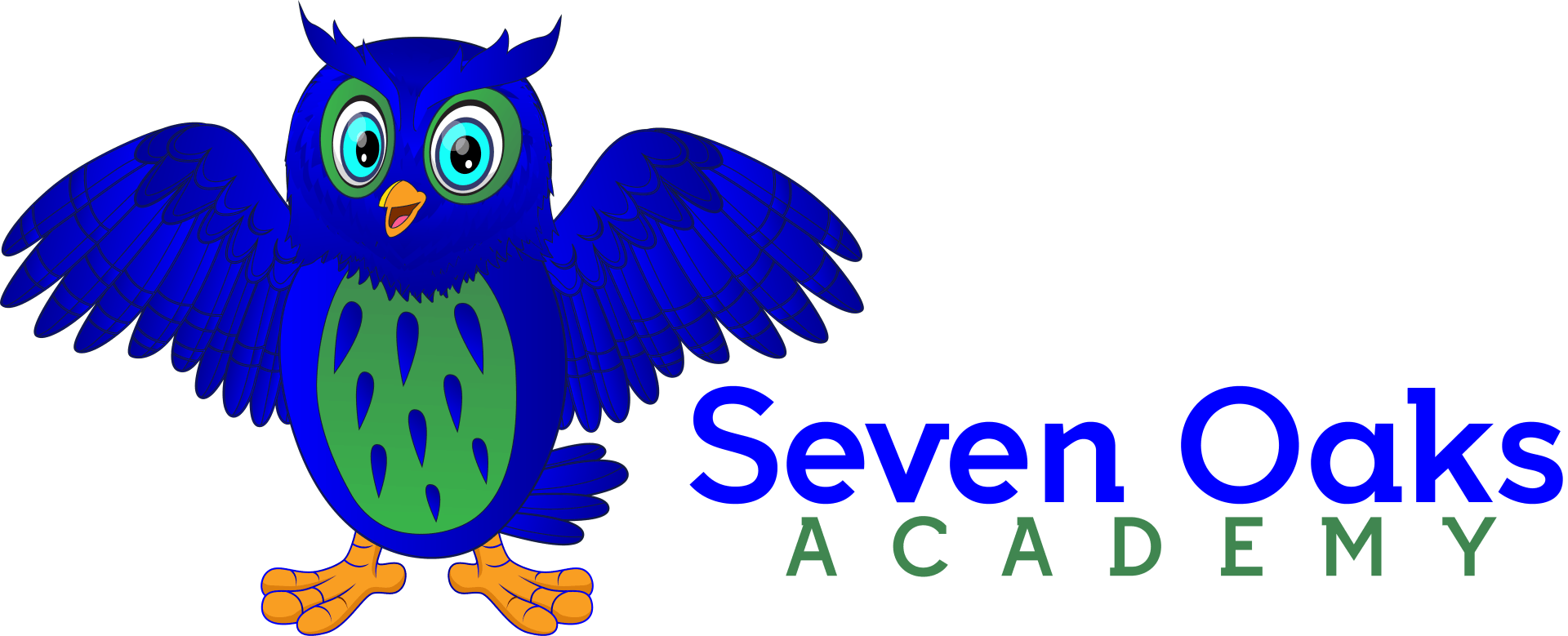
Mathematics can often seem abstract and intimidating, especially for young learners. However, the Montessori approach to teaching math transforms these abstract concepts into concrete, hands-on learning experiences. This method not only makes math more accessible but also fosters a deeper, more intuitive understanding of mathematical principles.
The Montessori Approach to Math
In Montessori classrooms, math is taught using specialized materials that guide children from concrete to abstract thinking. The goal is to help children internalize mathematical concepts through hands-on activities that are both engaging and educational. This approach emphasizes self-discovery, allowing children to learn at their own pace and build a solid foundation of understanding.
Key Materials in Montessori Math
One of the hallmarks of Montessori education is the use of unique, tactile materials that tangibly illustrate mathematical concepts. Two of the most notable materials are the Golden Beads and the Number Rods.
- Golden Beads
The Golden Beads are a versatile tool used to teach a range of mathematical concepts, from basic counting to complex operations like addition, subtraction, multiplication, and division. The beads come in units (single beads), bars (ten beads strung together), squares (ten bars forming a square), and cubes (ten squares stacked together).
- Units, Tens, Hundreds, and Thousands: Children begin by learning the value of units, tens, hundreds, and thousands. They can physically manipulate the beads, which helps them understand the concept of place value.
- Operations: By using the beads to perform operations, children can see the processes of addition, subtraction, multiplication, and division in action. This visual and tactile experience solidifies their understanding of how numbers interact.
2. Number Rods
The Number Rods are another essential material in Montessori math. These rods are divided into sections that visually and physically represent numbers from one to ten.
- Counting and Number Sense: Children use the Number Rods to learn how to count and recognize the numerical value of each rod. Each rod increases in length, reinforcing the concept of quantity.
- Addition and Subtraction: By combining or separating the rods, children can visually see the effects of addition and subtraction. This concrete representation makes it easier for them to grasp these operations.
The Benefits of Hands-On Math Learning
The hands-on approach of Montessori math offers several key benefits:
- Concrete Understanding: By manipulating physical objects, children develop a concrete understanding of abstract mathematical concepts. This foundation is crucial for later success in more advanced math.
- Engagement and Enjoyment: Montessori materials are designed to be engaging and enjoyable. When children find learning fun, they are more likely to develop a positive attitude towards math.
- Self-Paced Learning: Montessori education respects each child's learning pace. This personalized approach ensures that children fully grasp each concept before moving on to the next, fostering confidence and mastery.
- Independence and Confidence: As children work with the materials and discover solutions, they build independence and confidence in their abilities.
How Montessori Math Translates to Real-Life Skills
The Montessori approach to math is not just about learning numbers and operations; it's about developing critical thinking, problem-solving skills, and a lifelong love for learning. By understanding math through hands-on experiences, children are better equipped to apply these skills in real-world situations.
Whether it's measuring ingredients for a recipe, budgeting their allowance, or understanding distances and time, the practical applications of Montessori math are endless. This real-world relevance helps children see the value of what they learn and encourages them to use math in everyday living.
Montessori math provides a rich, hands-on learning experience that fosters real understanding and a love for mathematics. Through materials like the Golden Beads and Number Rods, children develop a concrete grasp of mathematical concepts, building a strong foundation for future learning. This approach not only makes math accessible and enjoyable but also prepares children for practical applications in their daily lives.
As we explore the world of Montessori math, we see how it nurtures independent, confident learners excited to discover and understand the world around them.
Interested in how Montessori math can benefit your child? Give us a call at
770-564-0470 to learn more about our programs and how we make learning math a fun and engaging experience!



